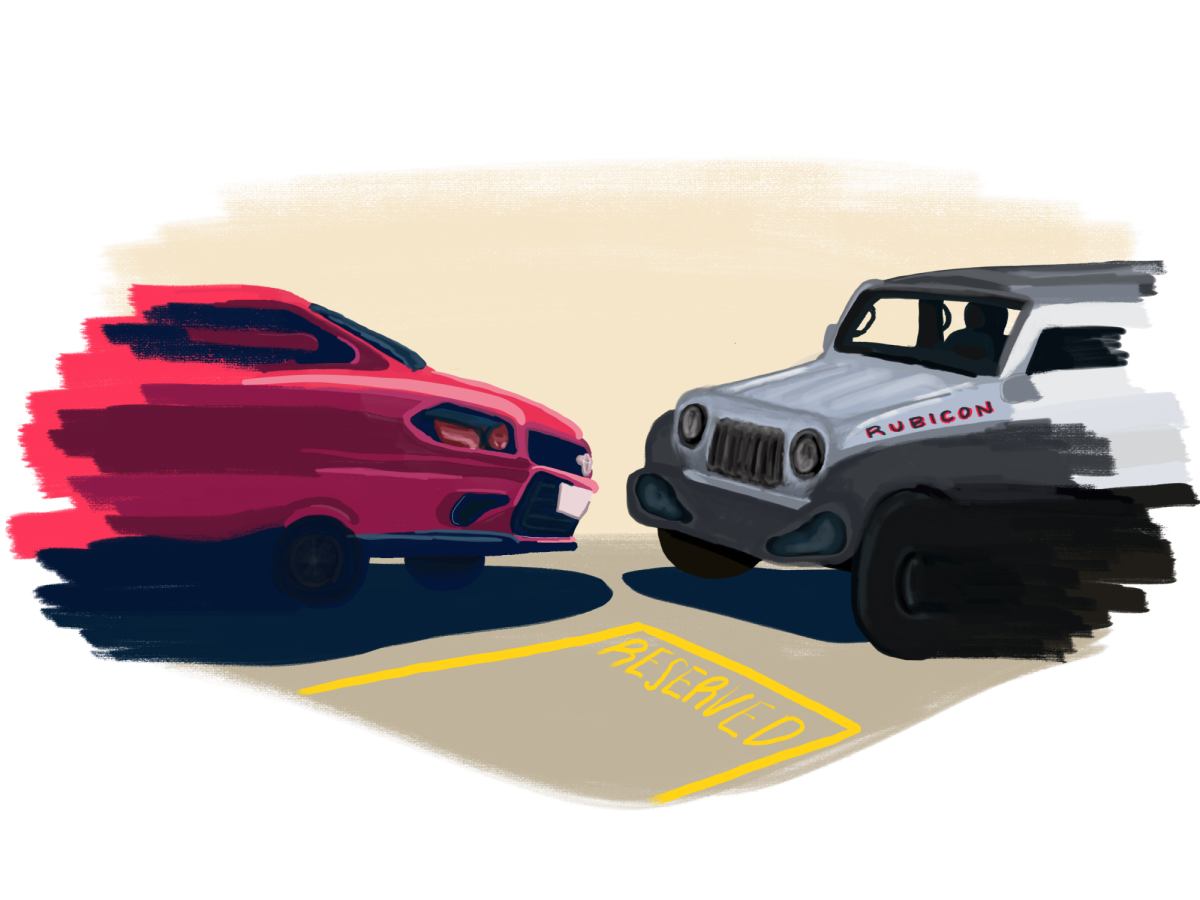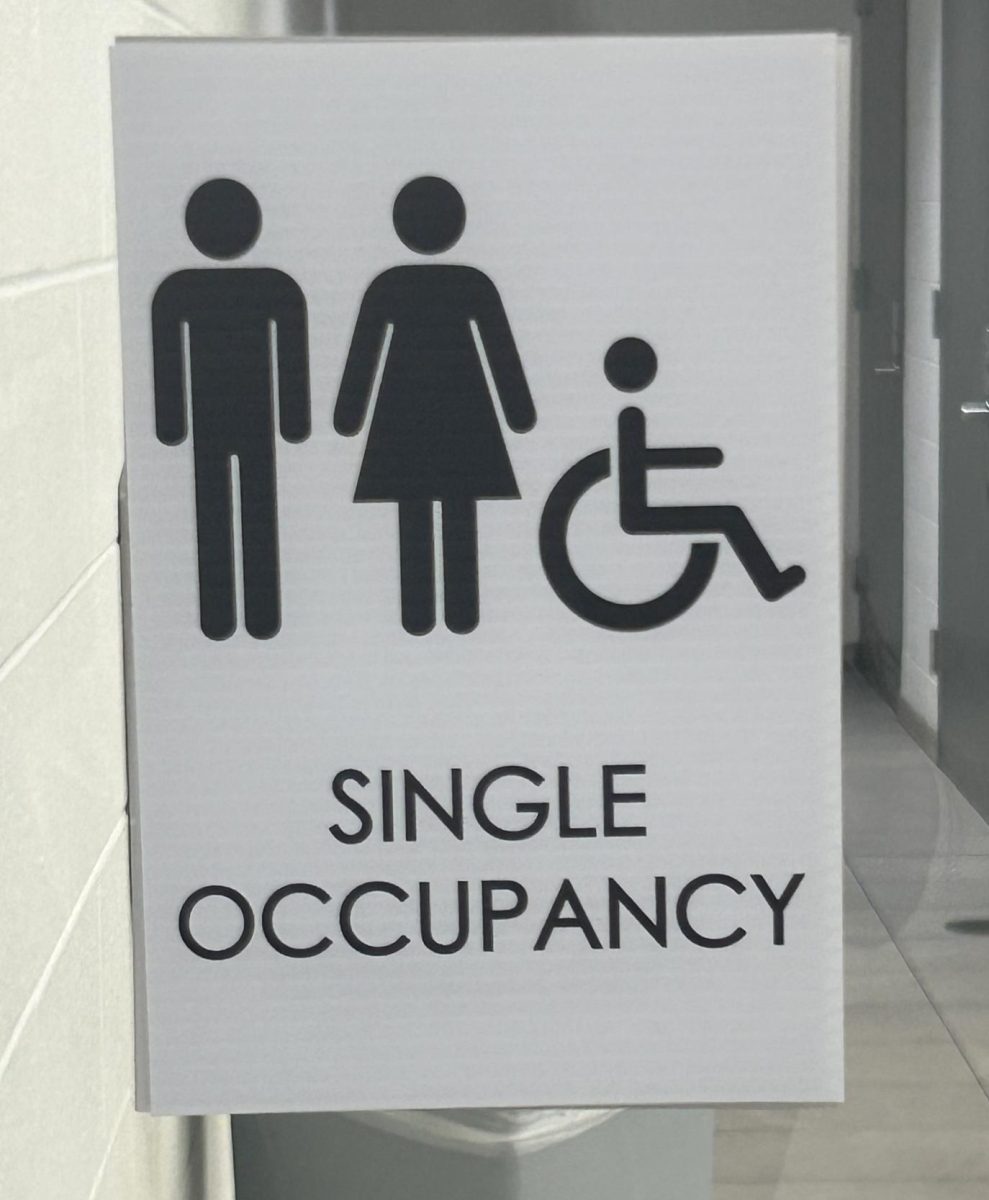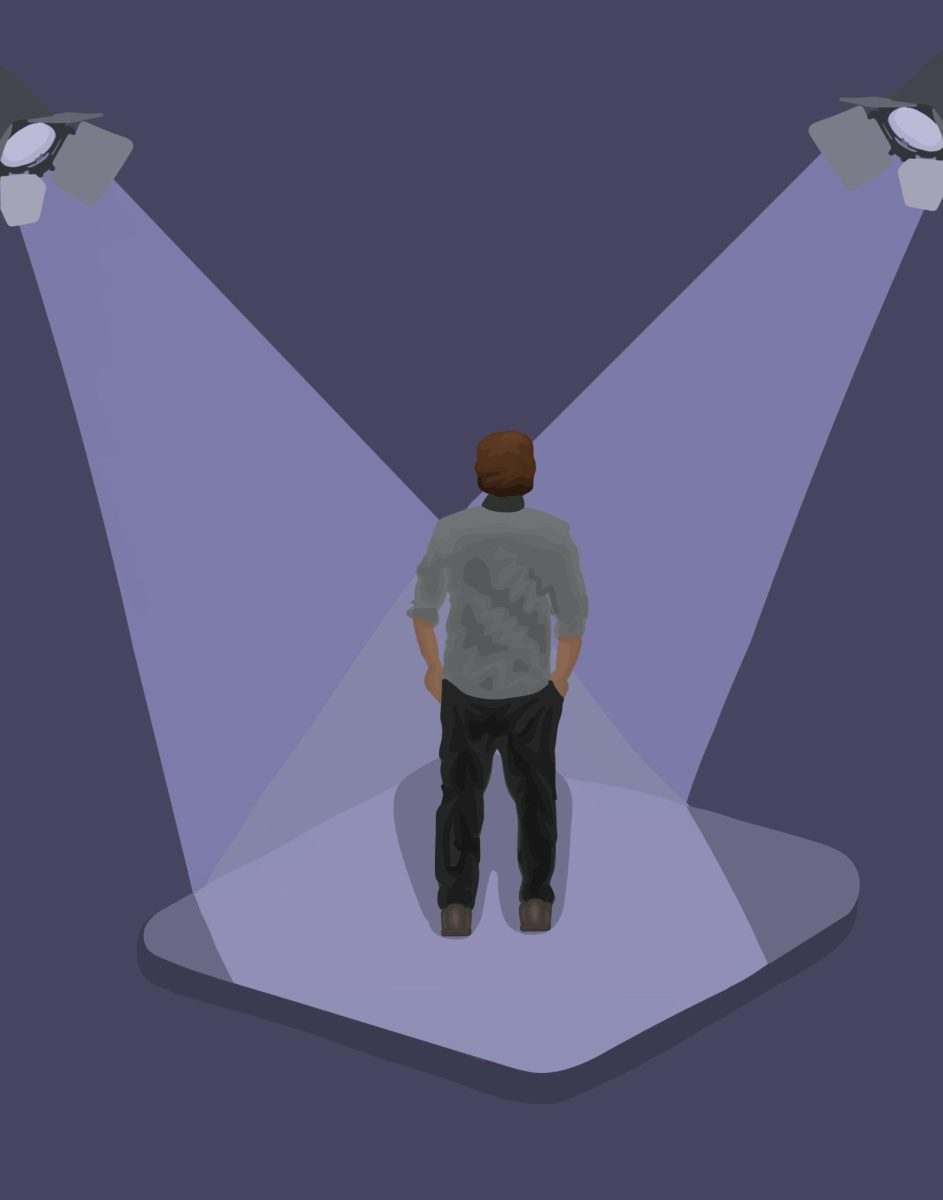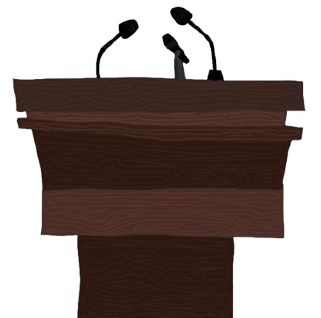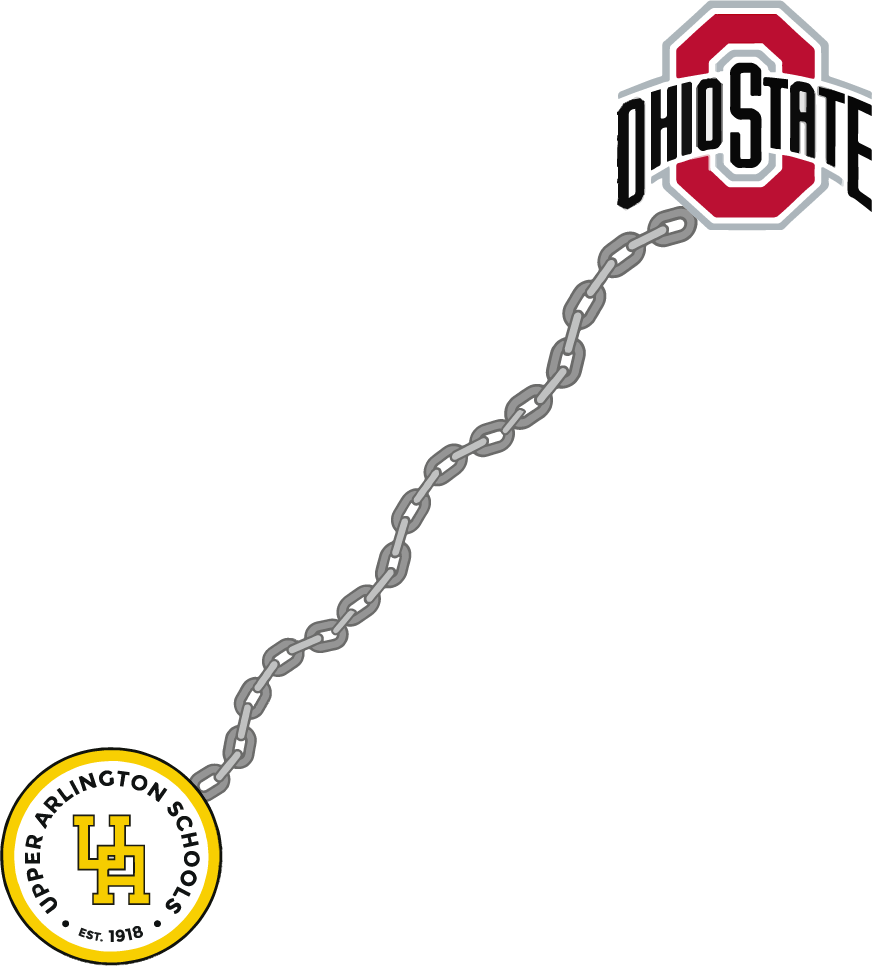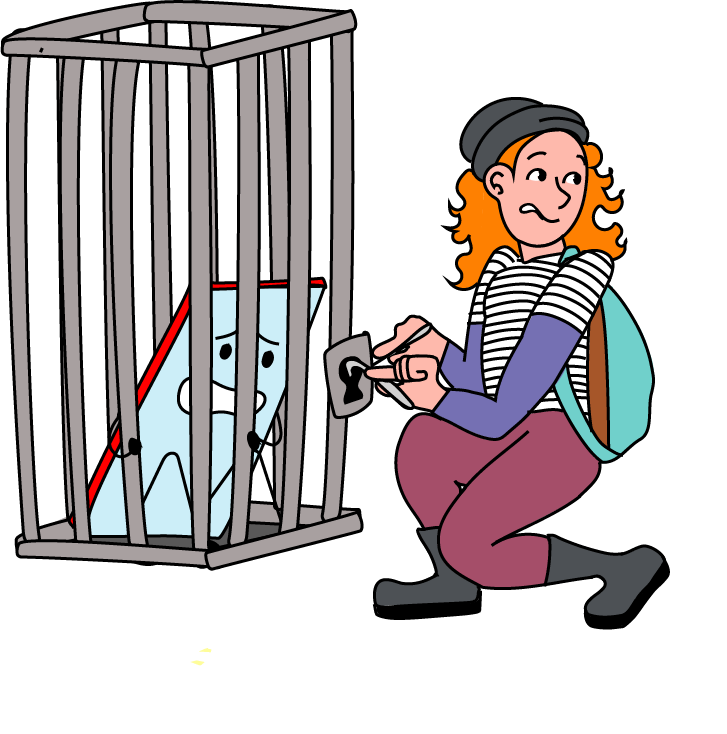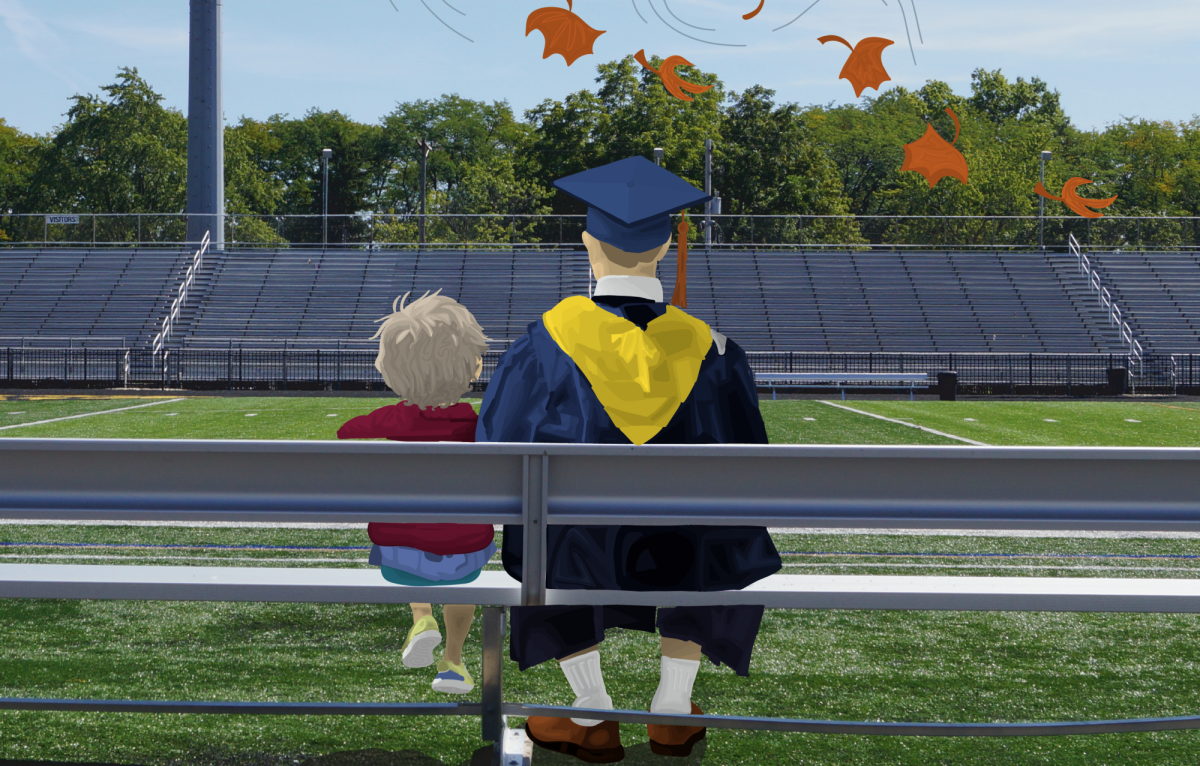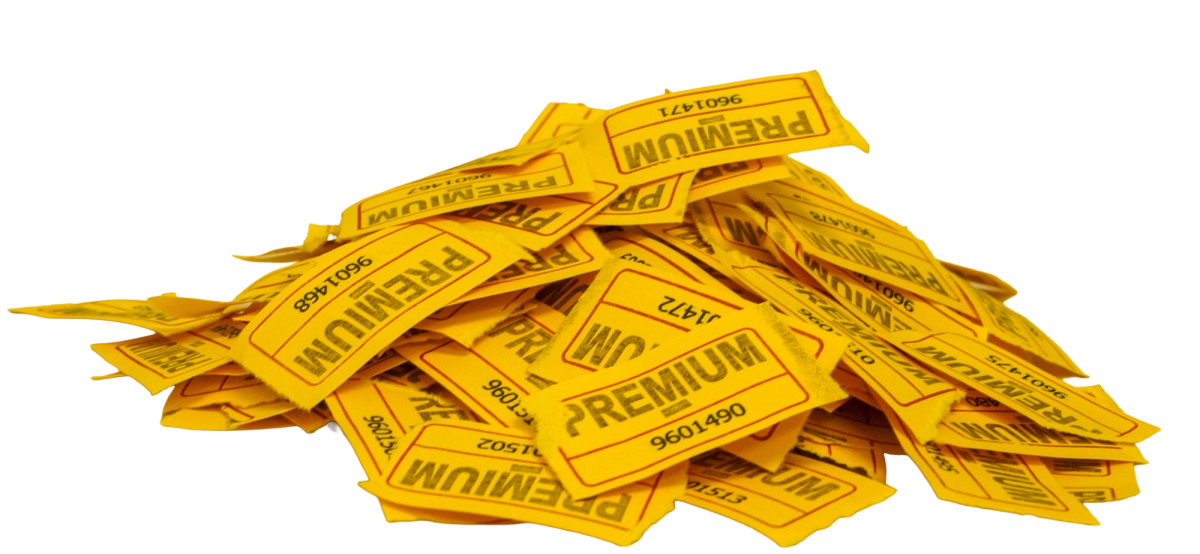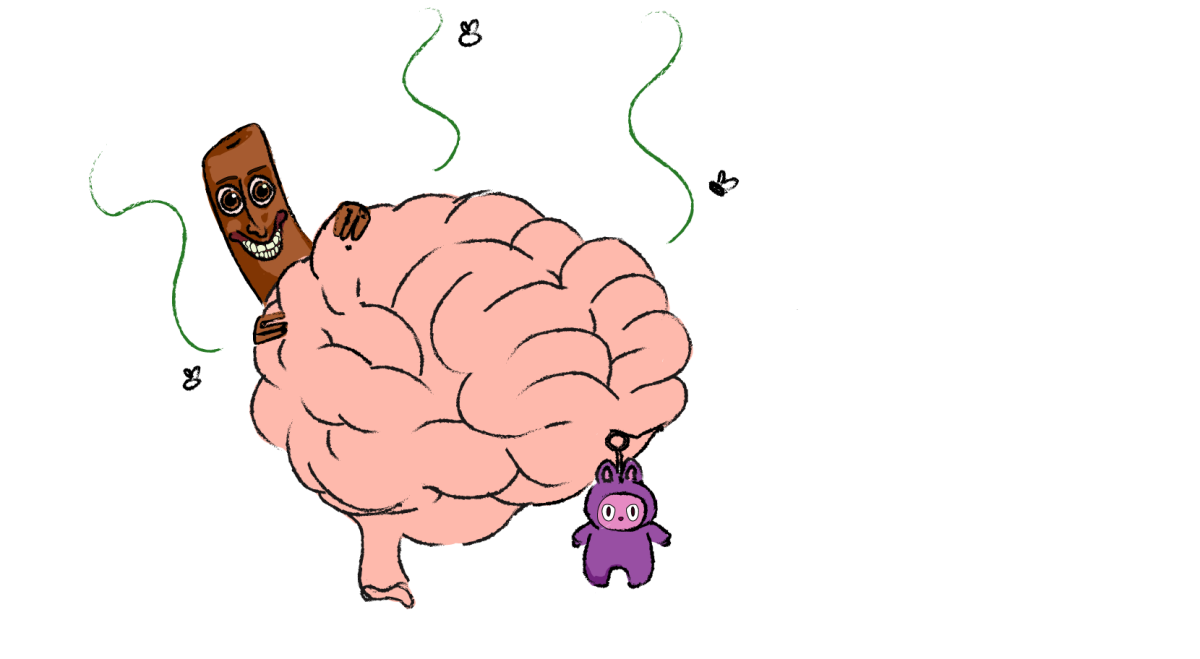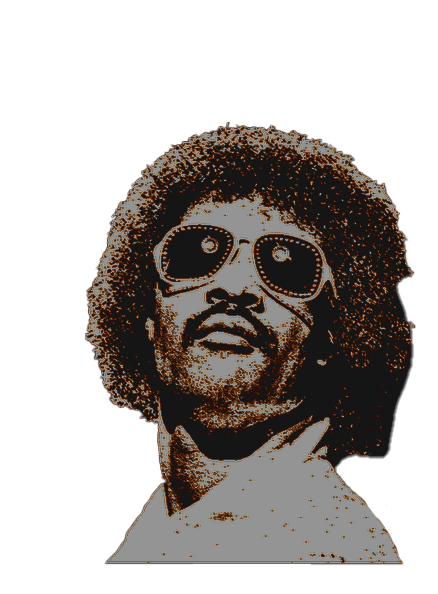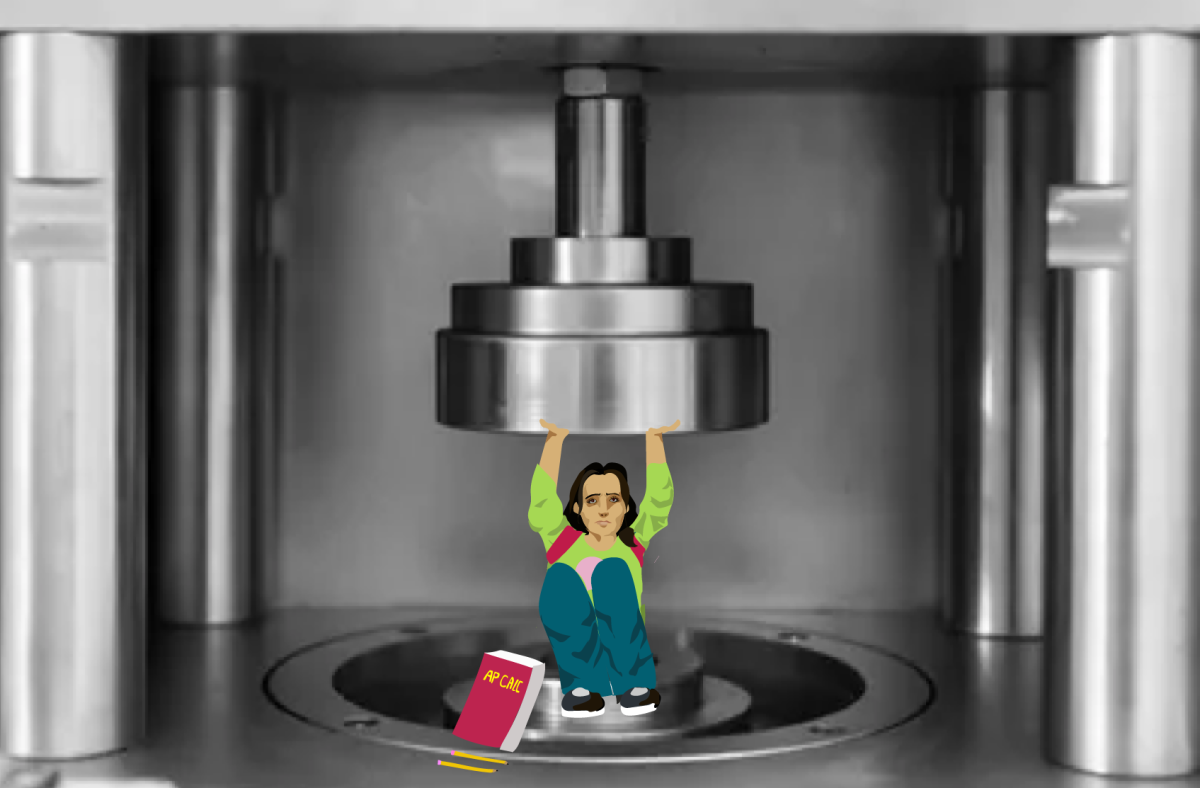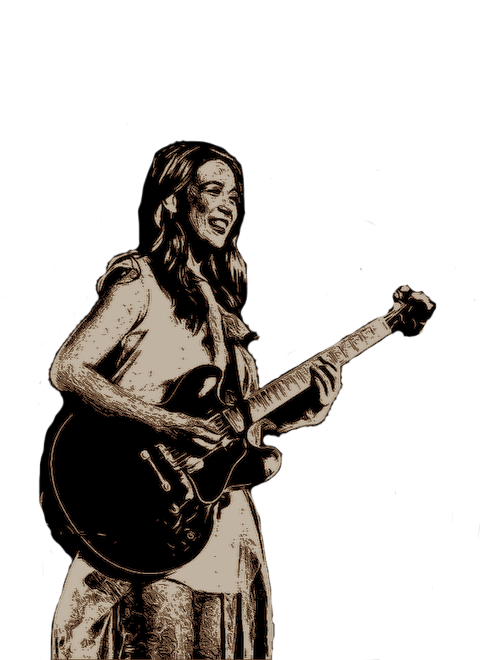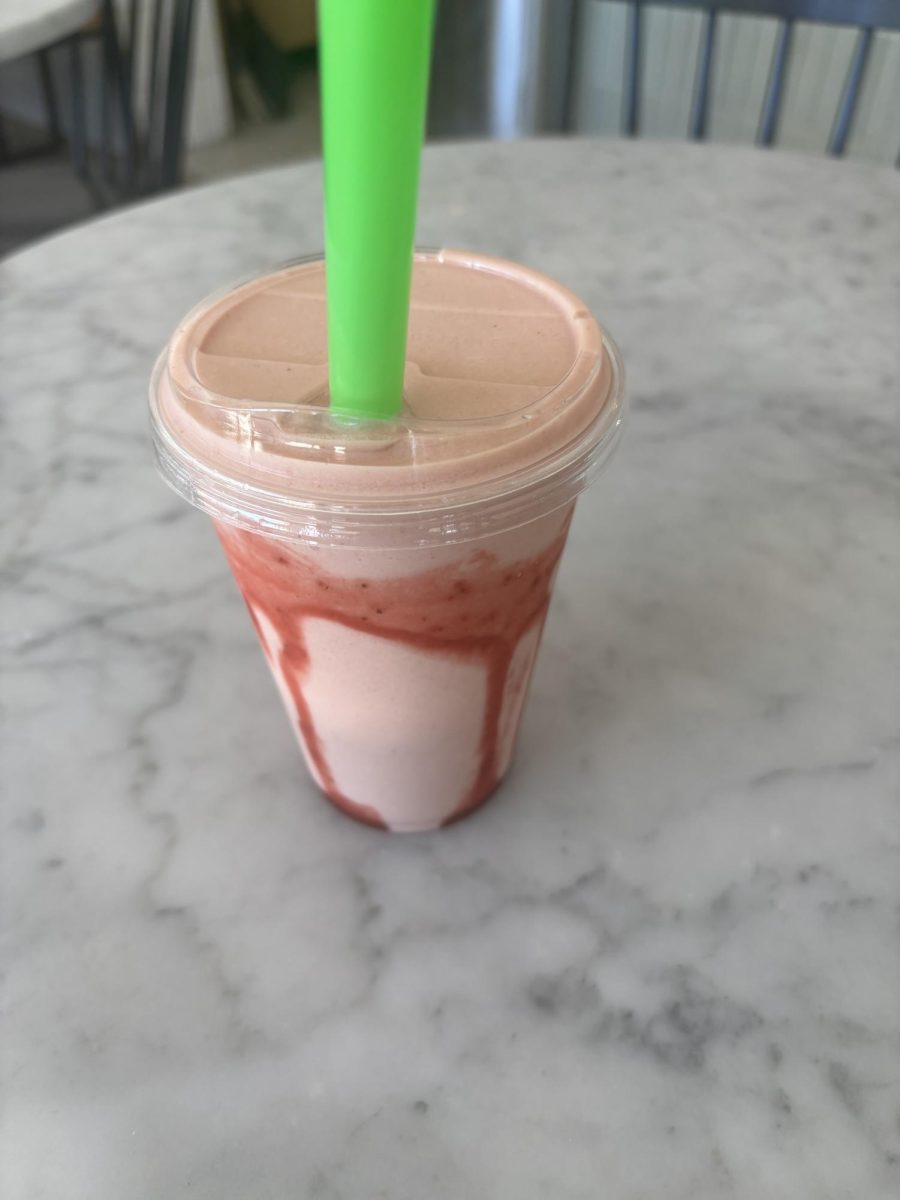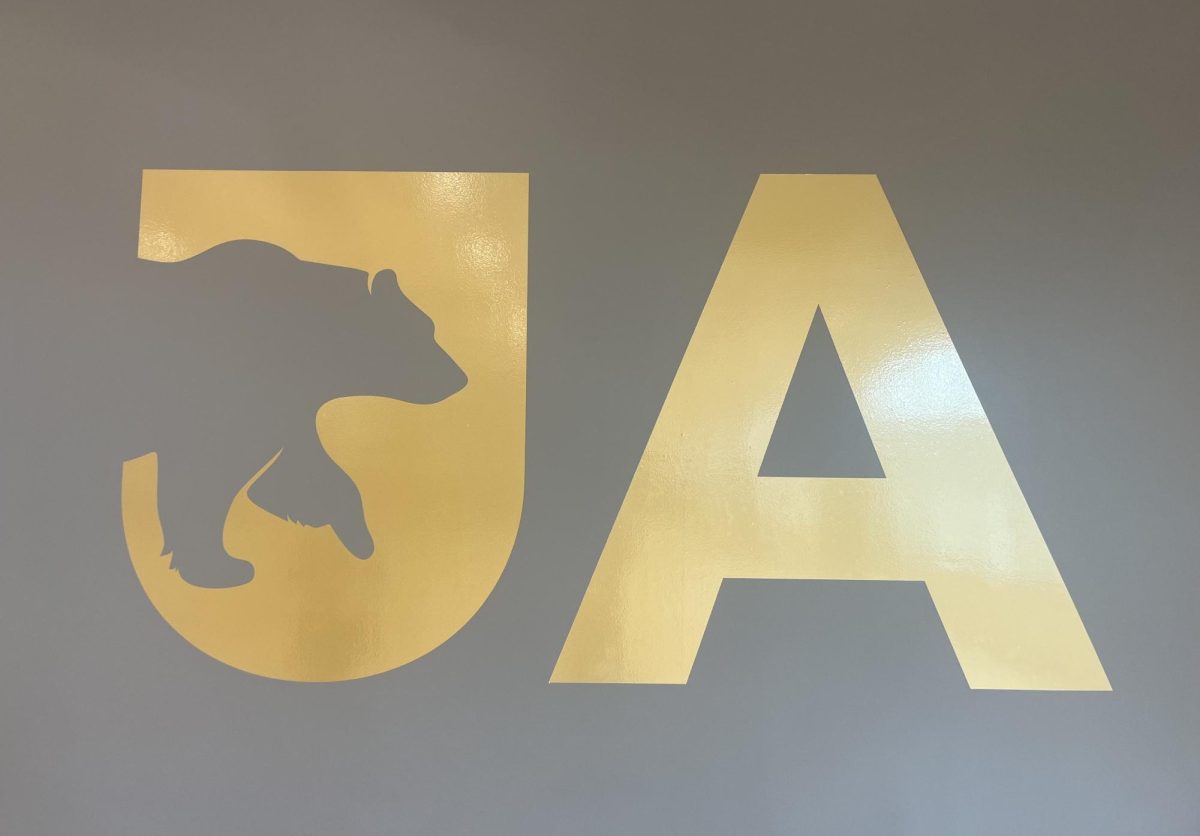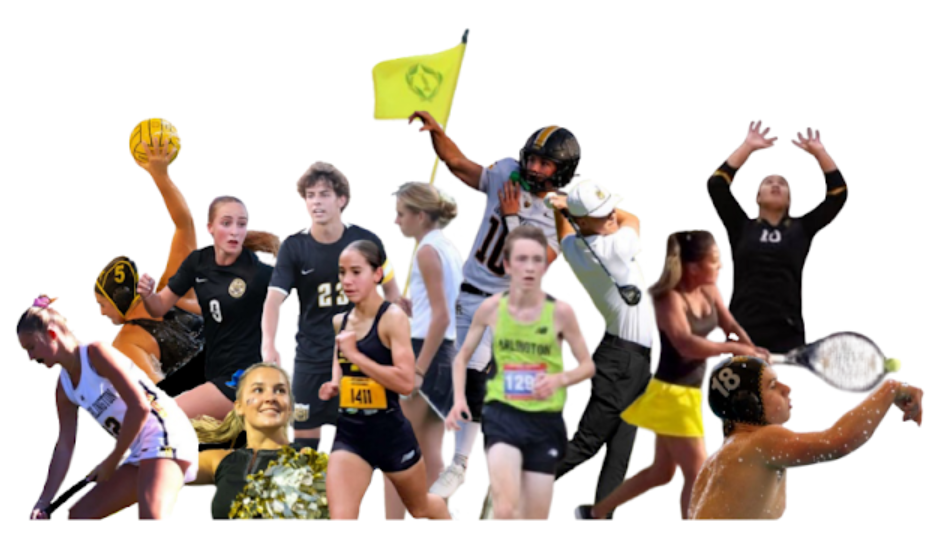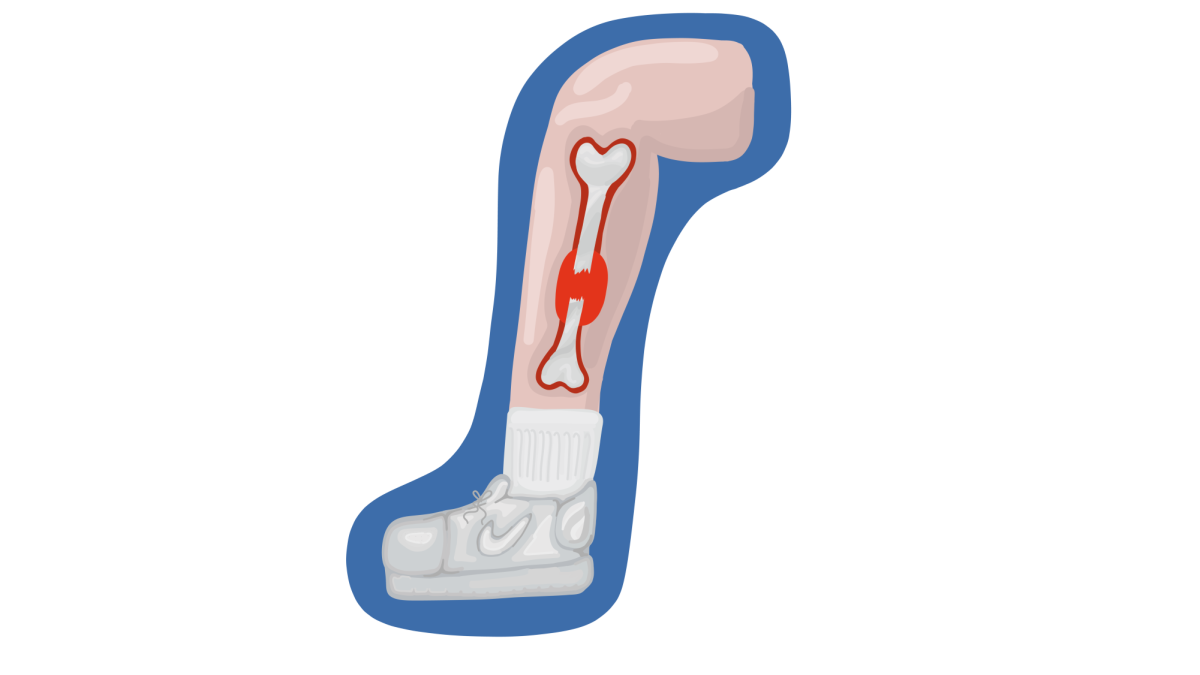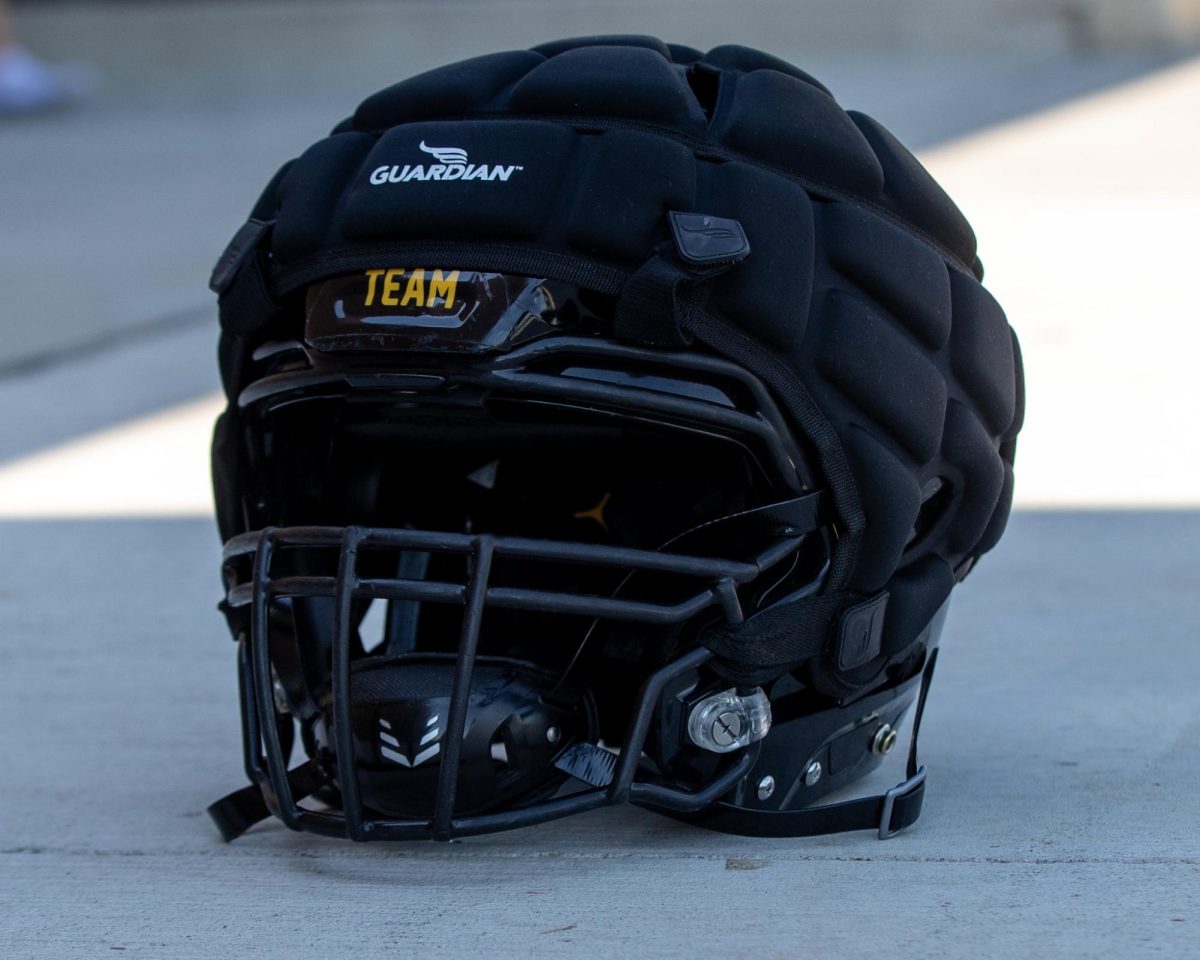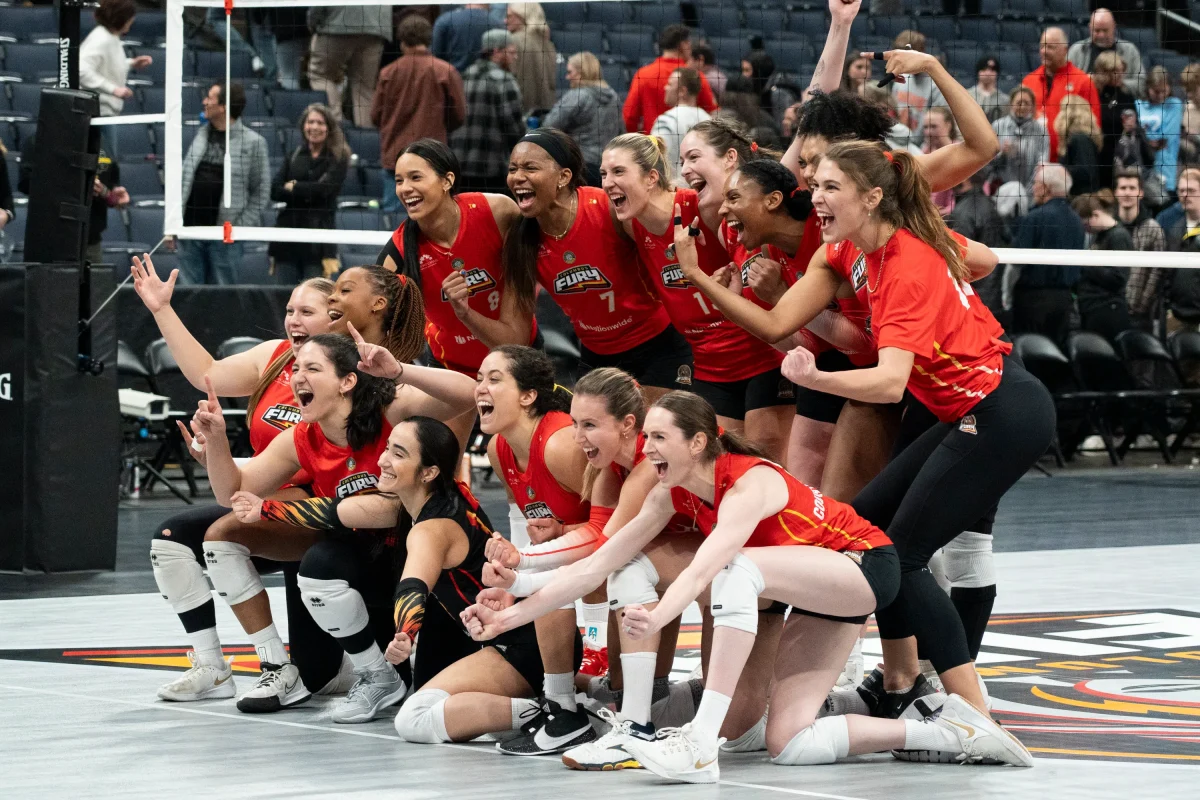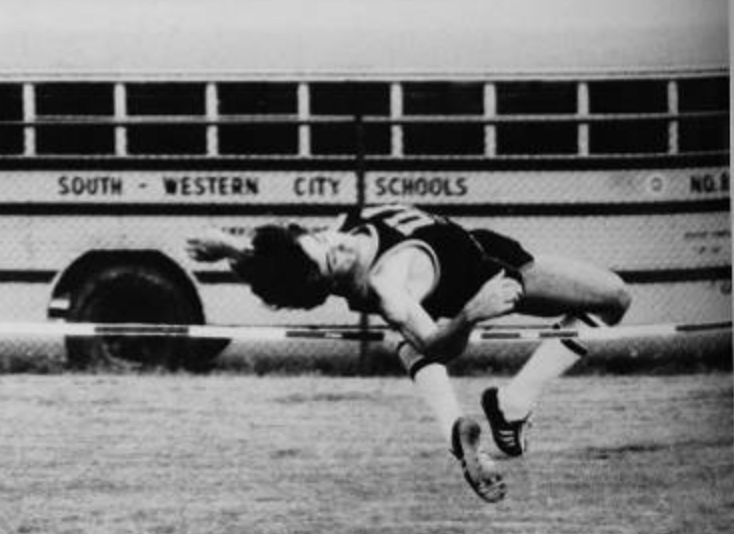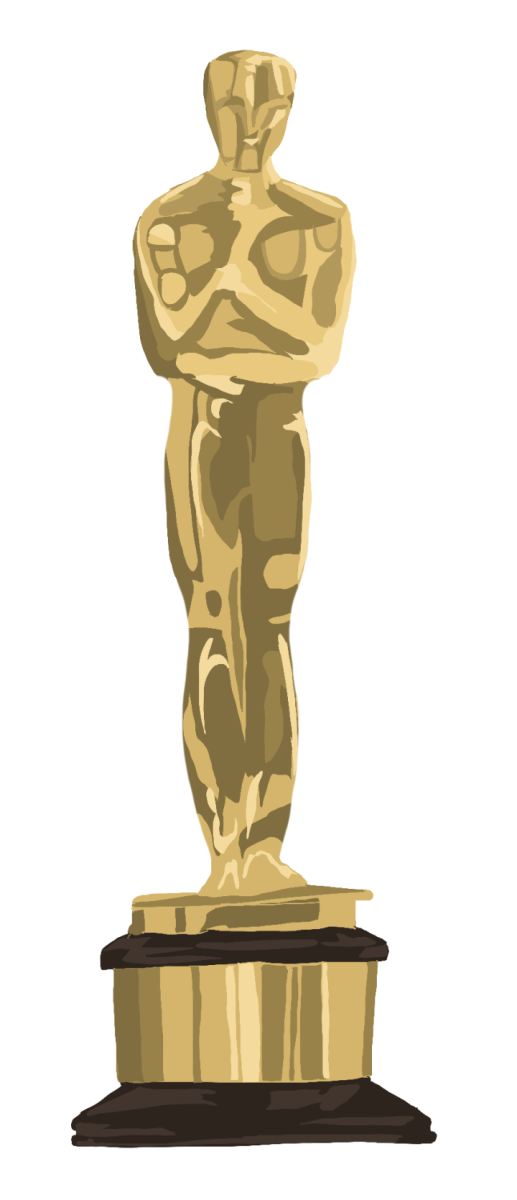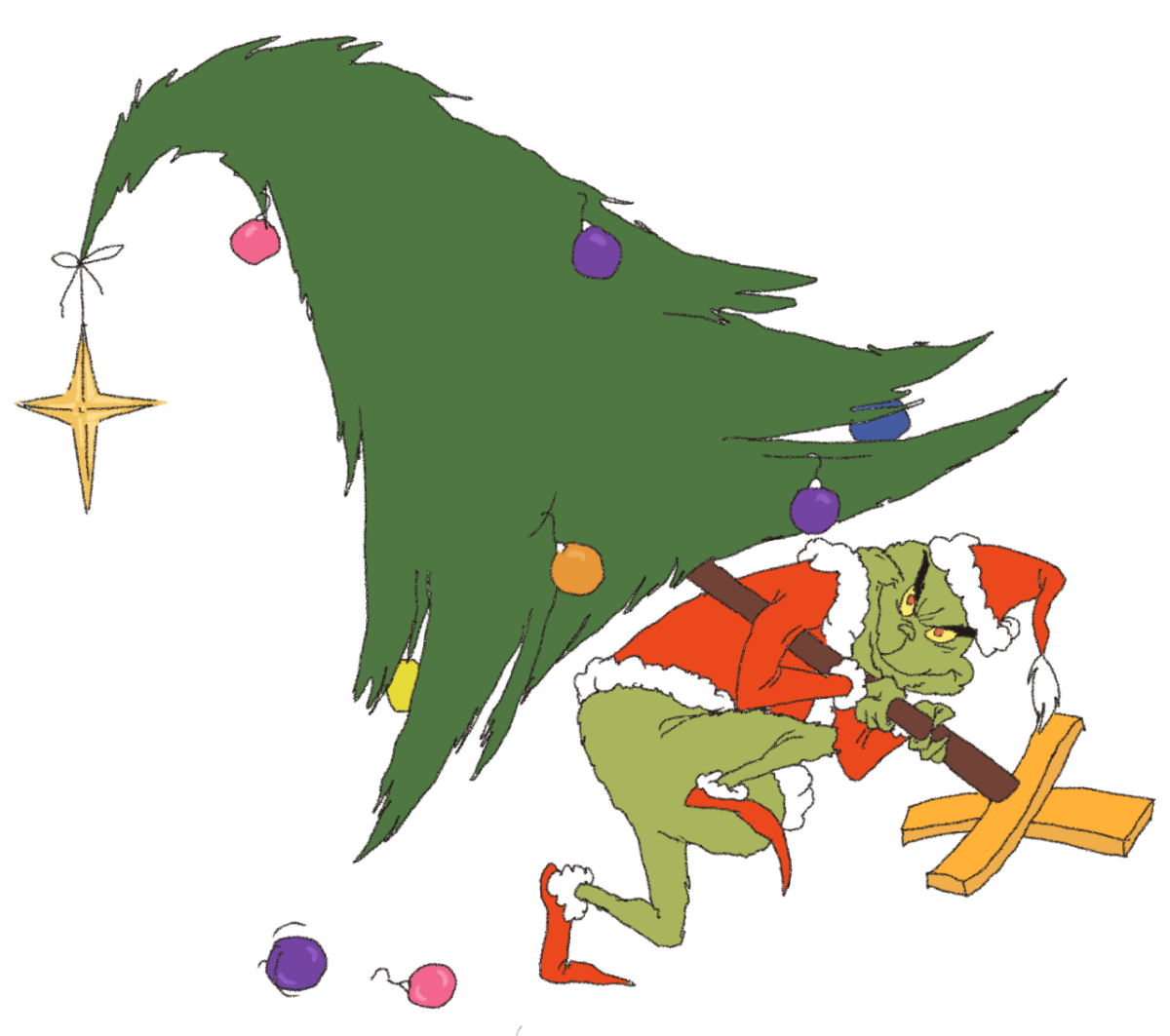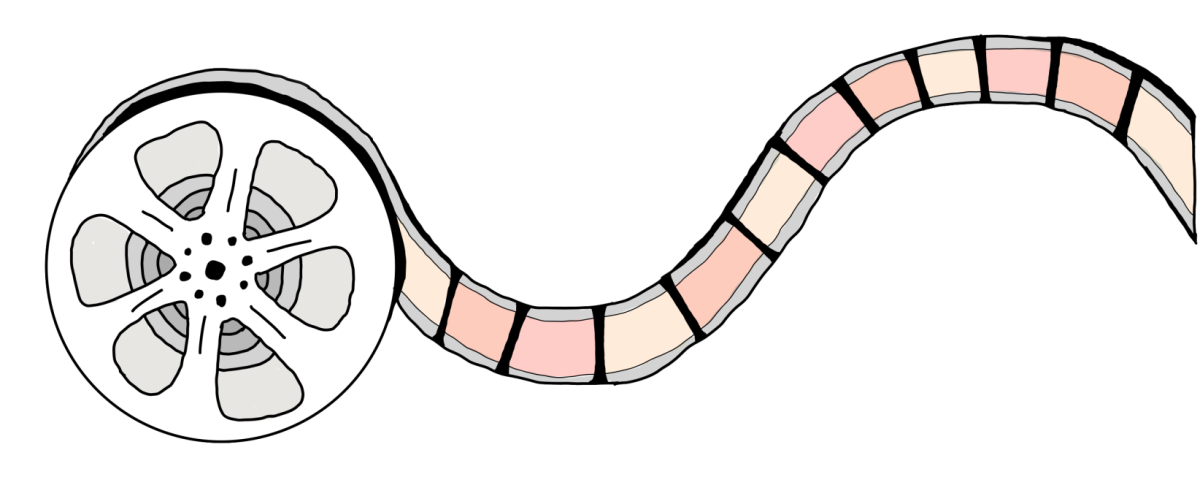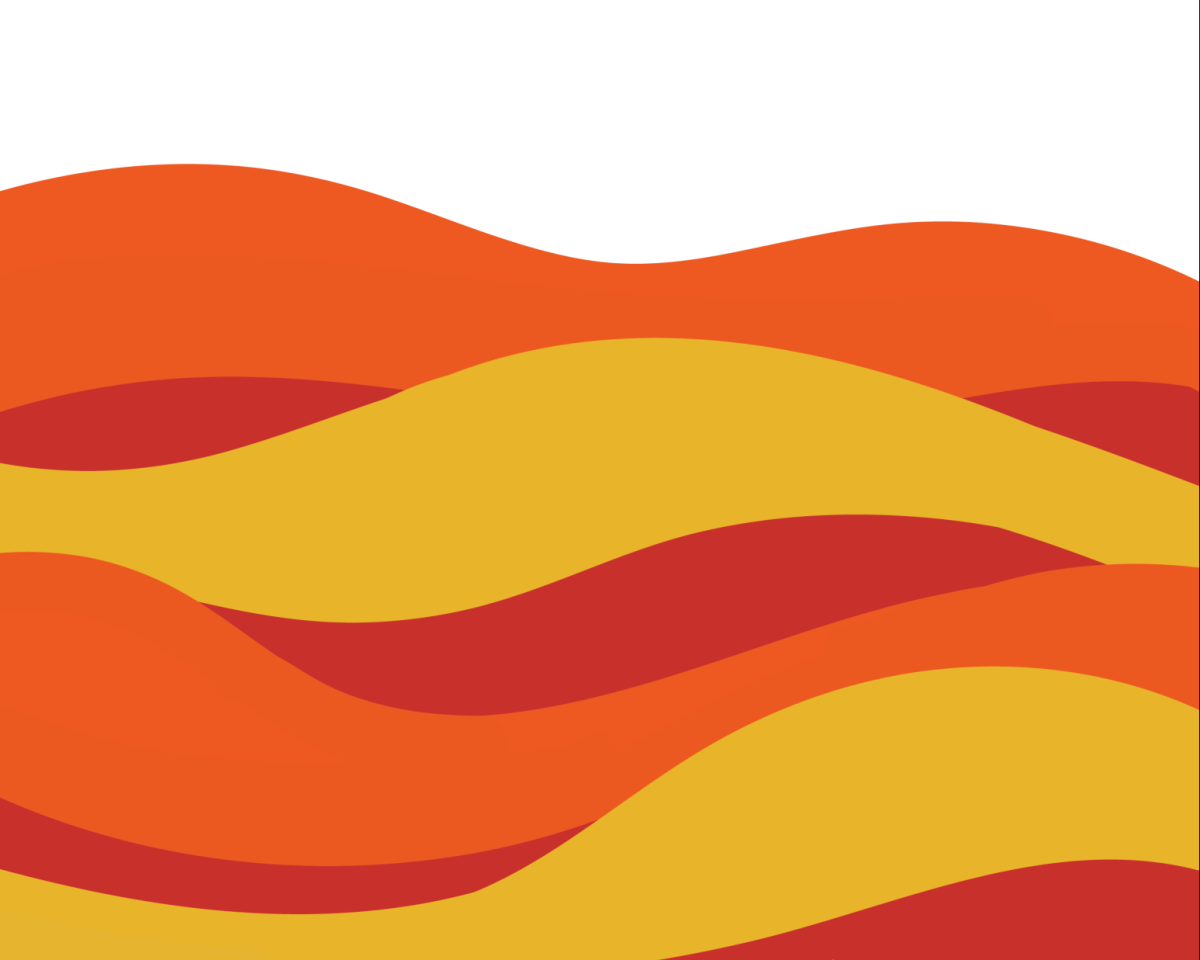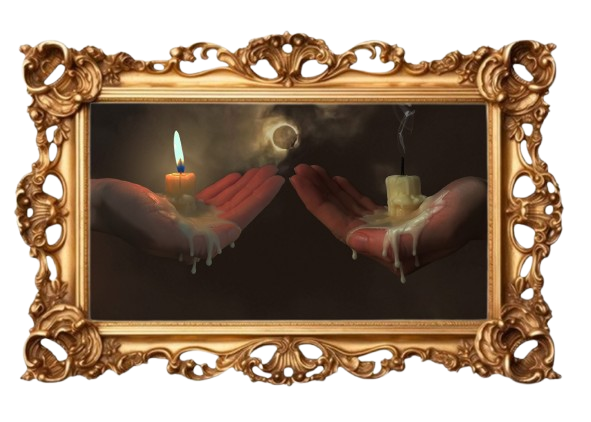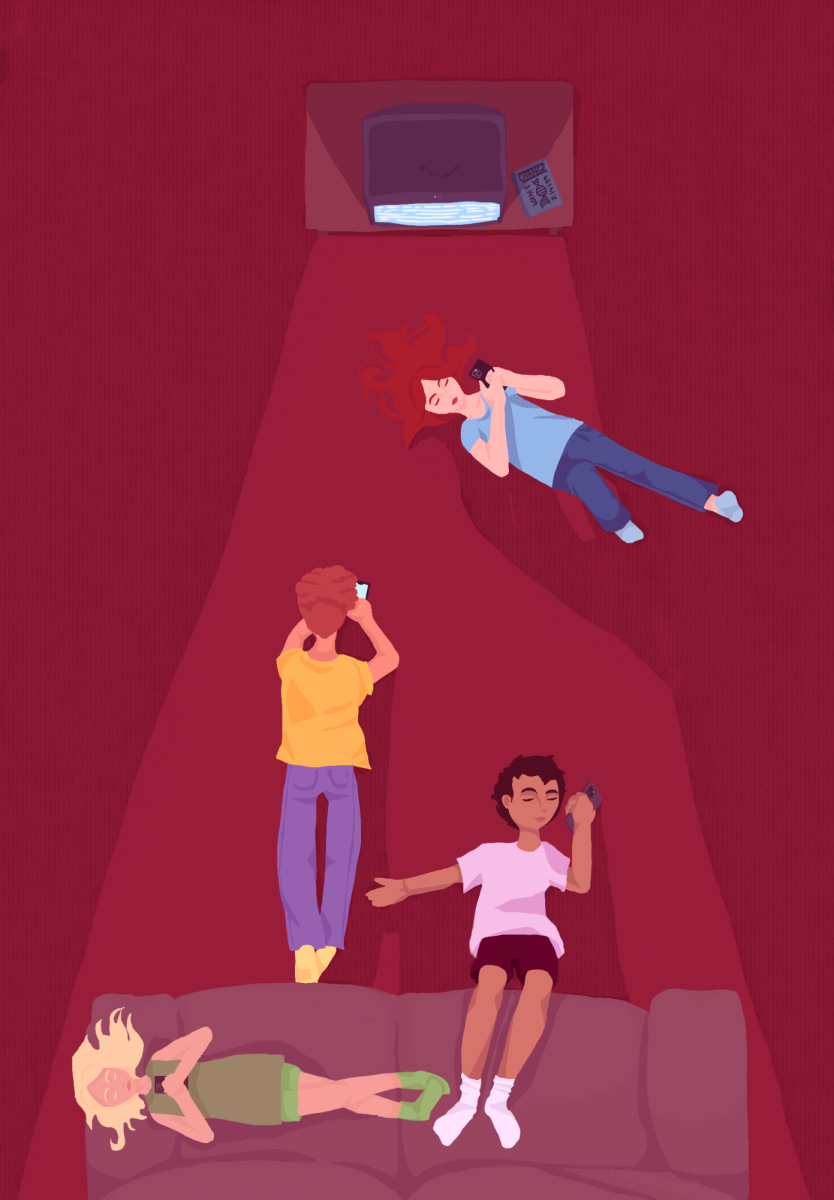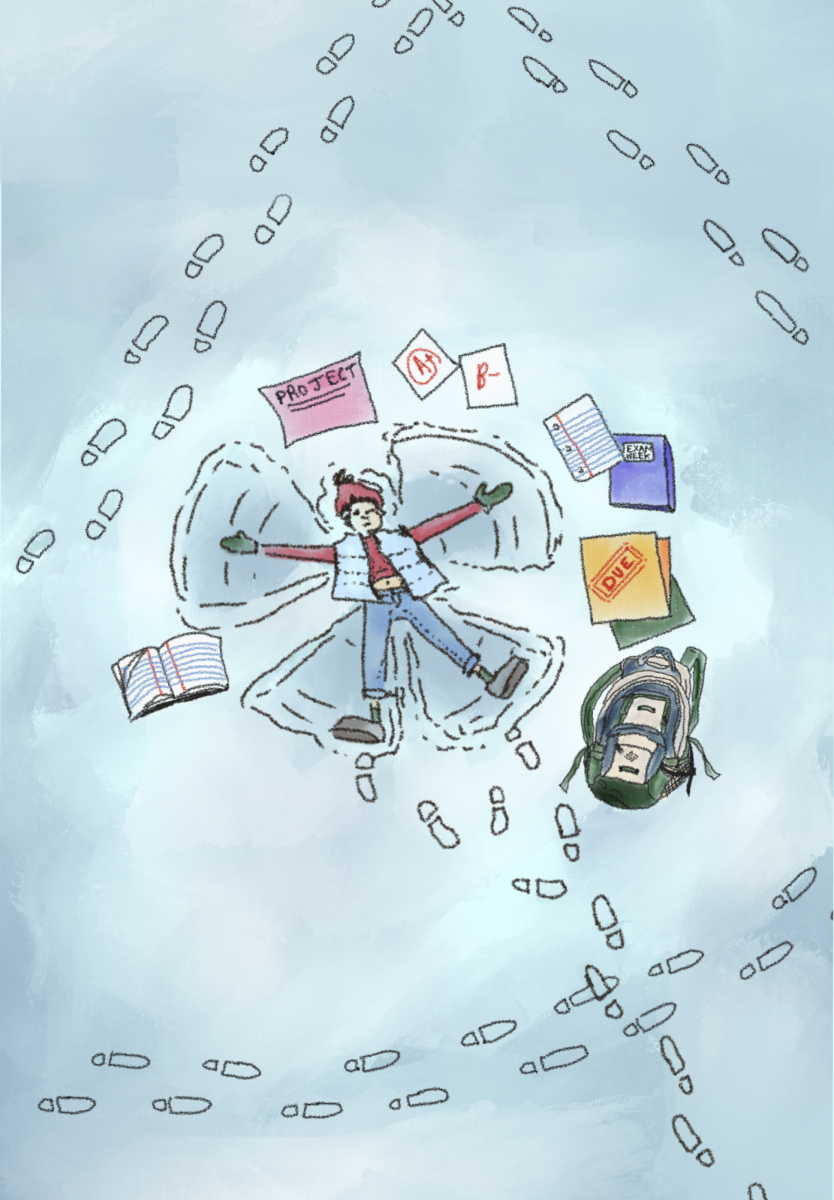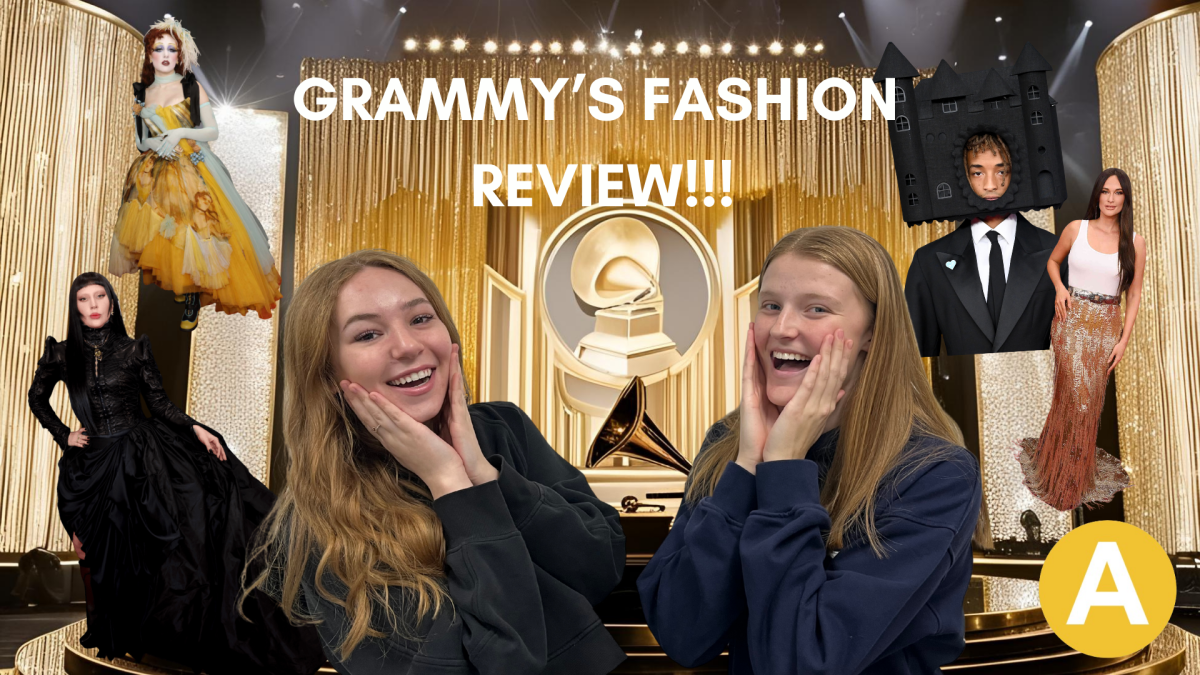Two national sports teams have recently changed their historical names: The Guardians and The Commanders, formerly the “Indians” and the “Redskins.”
In 1915, the Guardians decided to use the title “The Indians”, and, 18 years later, the Commanders decided upon “The Redskins” as their team name. Both of these names were intended to honor Native American tribes and culture but went south and were deemed offensive by many. In 2014 before a Commanders game, people protested outside of the TCF Bank Stadium for the team to change their offensive name.
The word “Redskin” is an offensive slang term used to describe Native American individuals and is now a dated term that many argue shouldn’t be used. Sean Martin, a language arts teacher and co-teacher for cultural anthropology, dove into the differences between cultural appropriation and appreciation and the potential negative connotations of these team names and mascots.
“Cultural appropriation, you know, has a negative connotation, and it’s just that, you are borrowing without appreciating. I think that’s likely that does happen,” Martin said.
More specifically, these two sports teams were called out for their controversial ways of honoring Native culture and for doing it in the wrong way.
“I think we need to think about those sports teams. Partly, I think the issue was [that] we weren’t examining very closely how those names might impact or echo a particular culture or echo racist tropes that existed in the past. So the idea of the Redskins was [that] it was a pejorative term and not a complimentary term,” Martin said.
Sports and culture can hold controversy, especially with terms, slogans, and logos that are not deemed culturally appropriate. Sam Clark, head varsity baseball coach at UAHS and fifth grade teacher at Greensview elementary, shared his thoughts on the rebranding of the Guardians and The Commanders.
“I understand the need to change the name [and] logo due to the offensive nature of their old name/logo to some populations. With that being said, I think Cleveland did a great job with their rebranding and was able to create a name/logo that paid homage to their old name [and] logo. However, I think the Commanders did a poor job with their new name [and] logo,” said Clark.
With no brand, and just a simple “W”, it seems that the rebranding of the Commanders is deemed poor by many. The “Commanders” name pays homage to US capital’s connection to the military, but didn’t seem to be as memorable compared to the Guardians rebrand. The Guardians were able to develop a logo, a “G” on a baseball with wings, and their name paying homage to the Guardians of Traffic statues near Progressive Field.


The Commanders former mascot displays an image of what a stereotypical Native American person looks like, their mascot being a man in a Native American ceremonial outfit on top of a horse. The former logo for the Guardians was the famous “Chief Wahoo,” which was a stereotypical representation of Native Americans, and was changed along with their name. Some people disagreed with the rebrand of the team, and felt it was “too much” to change their names and logos. Others support the change, or feel neutral about it, and feel it is more about the players, culture, and the city.
“I do not feel that the nickname of a team is all that important. The city in which a team is located is far more important than a team name. The majority of fans will continue to support a team regardless of name, however, if a team changes location, they are likely to lose fans,” Clark said.
Upper Arlington has lots of students who are fans of sports and watch them regularly, and many have noticed the changes in the team names and logos. Nolan Dapore, a sophomore at UAHS, is a sports fan who is familiar with both of the teams.
“At first, I didn’t like the name changes, only because I was used to the old names. As time passed, and after more thought, I found that it was a good thing to change the names because of the many reasons behind the modification,” Dapore said.
Since these names were very significant to the fans, the communities that support the teams weren’t too thrilled at first.
“I felt at first the community was not excited about the change because of the history and familiarity of these long held names. Now, I hope that most fans realize it was for the better and the right thing to do when considering the offensive meaning of the old names,” Dapore said.

